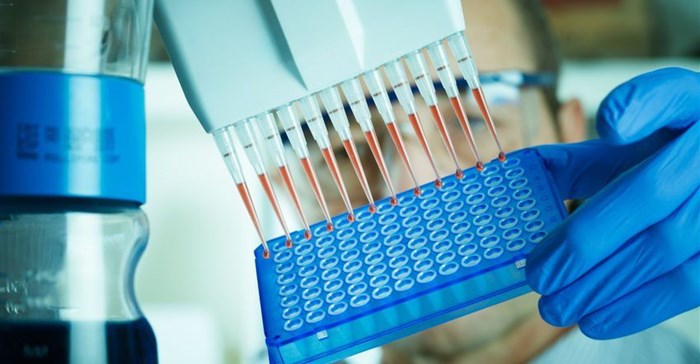3 accelerators to Covid-19 response
Three major themes emerged at an online meeting hosted by Broadreach on how data and technology have helped to speed up the time for health services to respond to Covid-19.
1. Access to real-time data is essential
Intervention without real-time data is like driving blind in a storm, a steady flow of information on the cloud enables targeted, intelligent, swift action. For example, the Department of Health in Mpumalanga in South Africa slowed the spread of Covid-19 and were able to direct health resources rapidly using live data to identify potential hotspots and coordinate a response.
The health department focused on presumptive screening results (where someone is presumed to have Covid-19 but has not yet tested positive) and used a cloud platform, with advanced geo-mapping technology, to identify potential clusters or hotspots. They used this ‘presumptive approach’ as an early warning signal, saving vital time while waiting for positive test results to be confirmed up to two weeks later. This enabled them to ensure facilities in potential hotspot areas were ready to care for patients, identify areas that required field hospitals, customise educational health programmes and direct interventions using data on comorbidities (including HIV, TB and hypertension).
“We used presumptive screening data, collected via a mobile application so that we could ensure the data was available in real-time. Normally, a test can take between four to 12 days so we used the presumptive suspect data collected during screenings ahead Covid-positive data being available. While we waited for results, we were able to act quickly to deploy resources to affected areas as velocity and agility are very important. By the time the test results were received, we were already working to contain the spread," said Bheki Mdlovu, acting chief director: integrated health in the Mpumalanga Department of Health in South Africa.
2. Augmented intelligence enables rapid and informed action plans
Covid-19 has forced digital transformation, accelerating how we create, harness and use data, processes and technology. Human intelligence, combined with artificial intelligence (AI), has helped health professionals to make better decisions faster. According to Mohammed Saleh, health industry leader at Microsoft Middle East Africa, “a crisis is an opportunity to reinvent a successful future”.
The platform used by the Department of Health in Mpumalanga is enabled by AI to help healthcare professionals and other decision-makers upload, access, integrate and analyse data in real-time. Crucially, the population health management system provides prescriptive recommended actions and workflows, which includes data and directions for managing comorbidities, maintaining a healthy workforce, contact tracing, as well as stock and facility management.
3. Collaboration and leadership is needed to achieve common goals
Dimagi director of partnerships in Southern & East Africa, Carlos Yerena, highlighted the importance of healthcare professionals, government departments and corporates working together to overcome the barriers. The company has transferred much of its learning from responding to Ebola to the current situation. “Collaboration is very important and, sometimes, it takes a pandemic for us to really unlock these meaningful collaborations. In some instances, you would believe they have competing interests but establishing these strategic partnerships really supported governments and partners, and helped them utilise the different platforms in the best interests of a common goal,"
Saleh added that with digital transformation, healthcare can change from a reactive, disconnected and cyclical process to a more intelligent, continuous collaboration process where data is collected from multiple sources then pieced together. Mdlovu concurred, advocating for a connected data approach where the patient has their own personal data, linked to the health provider, health insurer and policymaker to promote a proactive wellness plan.
Chris LeGrand, group CEO at BroadReach, highlighted the importance of leadership and sustainability through a pandemic. “By harnessing the power of collaboration and leadership in combating this pandemic, we are better placed to extend access to basic healthcare, thus getting closer to the United Nations goal of universal health coverage (UHC) for every human. This could be a positive legacy for Covid-19.”
The vital ingredient to pandemic response is leadership. “Ultimately, leaders cause things to happen that would not happen otherwise. For this reason, leadership is essential to drive the wheels of change,” he said.


























